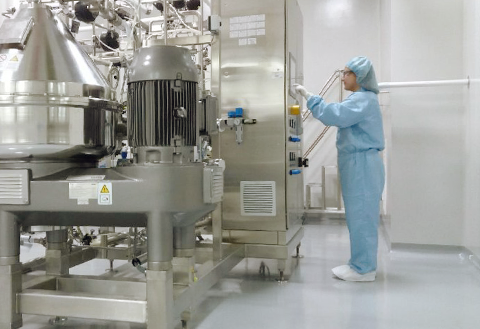Modern scientific firms are involved in everything from crop variety preservation to genetic research and therapeutic medicine. One of the most important sectors to develop alongside these labs is the storage industry where biological samples are kept through the research process. These facilities keep samples off site so that the labs themselves do not have to maintain their own storage facilities.
Of course, the transfer of these materials out of the hands of their owners and into the care of an outside provider is one fraught with opportunities for problems to arise, so the biological industry is heavily regulated by the government. The process of working through these rules can be frustrating to the uninitiated, so it is reasonable to review the value of the government’s involvement in the industry.
Why So much Regulation?
In a country with a massive and complex tax code, books and books full of laws at every level, and courts clogged with civil and criminal matters, this seems like a legitimate question.
The answer is simple. There is just too much riding on these samples to endanger them with poor storage or handling.
A biobank handles materials for all types of clients, from fertility clinics to zoos and cancer researchers. Using cryogenic storage to preserve samples establishes that the work is of utmost importance to their mission. Such companies are creating life, preserving species, and battling to end deadly diseases. With the health and existence of both humans and wildlife at stake, there must be a strong system that regulates the storage of these materials to preserve their survival and identification.
How is the Industry Handling it?
As is the case with any form of government regulation, the good companies are doing just fine. Too many companies view regulations as an iron rod that the government uses to harass them, but as noted above, these regulations have been implemented to ensure the safety and accuracy of the work being done by these labs and storage facilities. When guidelines are being strictly followed, the business is more effective, and that brings in more customers who will pay premium prices for the company’s services.
Bear in mind that these biological samples are critically important to either health or research, so the clients who create them are likely to be even more demanding than the government. Strict regulations of the handling and storage of samples ensures that everything from genetics to cancer research can rely on the accuracy of their findings because the samples are accurately tracked and preserved.
Why Should the Government be Doing it?
So if the industry itself recognizes the critical importance of appropriate storage and handling, why does the government need to get involved at all? The answer is twofold. First, there must be consistency in documentation and accepted storage conditions. While one firm may feel that a certain temperature level is adequate, another may opt to go lower. Further, separate firms could have mismatching documentation systems that can be onerous to translate should materials be transferred between two firms.
Second, there must be a means of holding accountable any industry participant who does not follow standards. If a firm begins to experience financial problems, it may cut corners in its processes in order to save money. When this relaxation of rules leads to a problem that impacts consumers or clients, there must be a mechanism for liability to be established. Without a government benchmark, there is no such mechanism. Further, regulation permits an inspection system that can monitor for developing problems and require corrective action before damage is done.
The work being done in modern labs is doing amazing things, but their work is only as good as the condition of the materials they work with. In order to assure researchers and practitioners that their samples are intact and uncorrupted, government regulations are keeping storage facilities consistent and effective.








